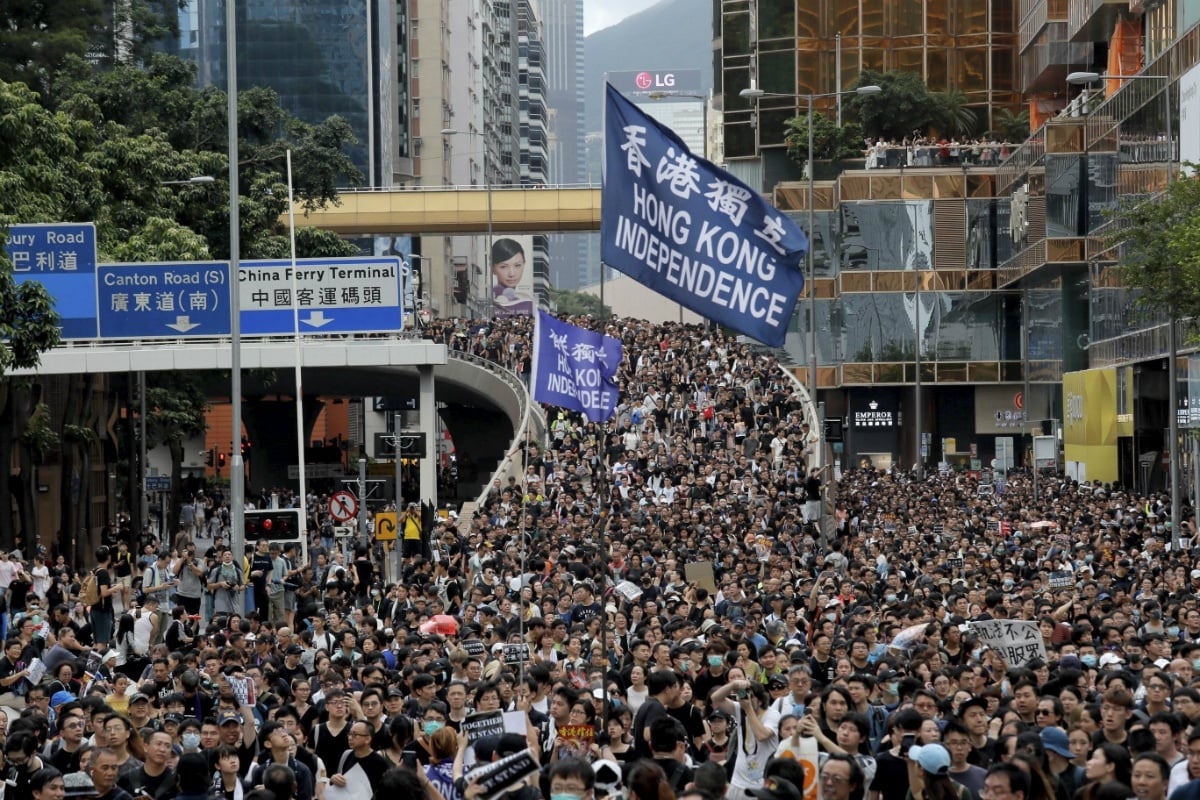Security Concerns Regarding Macau 20th Anniversary Might Keep China President Xi Jinping Away
Posted on: July 21, 2019, 02:00h.
Last updated on: July 19, 2019, 02:57h.
Macau will celebrate its 20th anniversary as an autonomous region of China in December, but the recent protests in nearby Hong Kong over the 2019 extradition bill are raising serious security concerns on the safety of People’s Republic President Xi Jinping attending the ceremony.

The South China Morning Post says top Chinese officials are conducting a security probe to determine whether Xi could be properly secured should the country’s top leader attend the anniversary events. Lawmakers in Hong Kong – a Special Administrative Region (SAR) like Macau that are self-governing jurisdictions that aren’t considered to be officially part of mainland China – are considering legislation that would allow fugitives to be transferred to the People’s Republic.
According to the SCMP, “Sources say at this stage Beijing still believes the crisis is best left for the Hong Kong government to handle and it should not get directly involved. The principles of avoiding bloodshed and keeping the city ‘largely stable’ remain unchanged.”
Millions of Hong Kong residents have joined in on protests against the extradition bill. The legislation is viewed as China gaining unreasonable power over the SAR.
SAR Governance
Macau was under Portuguese control until 1999 when it was returned to China as a special area separate of the mainland. The region’s lifeline is its casinos, which won more than $37.8 billion last year.
Xi said in January he would be present for the 20th anniversary celebration. Portuguese President Marcelo Rebelo de Sousa said he would be, too.
Hong Kong and the world’s richest gaming hub Macau are the only two Special Administrative Regions in China. The National People’s Congress Basic Law affords the two enclaves a high degree of autonomy, separate government, and capitalistic economy under the so-called “one country, two systems” arrangement.
Other than diplomatic relations and national defense, Hong Kong and Macau are self-sustaining jurisdictions. Those who live in the areas cherish their quasi-independence, and efforts such as the extradition law are typically widely opposed.
The bill was introduced after a 19-year-old Hong Kong resident admitted to killing his pregnant girlfriend while in Taiwan. Police in the enclave haven’t been able to charge him with murder due to a legal loophole or move him to Taiwan where he’s wanted because no extradition law is in place.
The 2019 legislation would allow Hong Kong authorities to transfer alleged criminals to China, Macau, and Taiwan.
Mainland Threat
The enclave is amid a renaissance of sorts following Xi’s crackdown on VIP junket groups. Casino resorts are now catering to more of the mass market, offering numerous non-gaming attractions and investing in new convention and exhibition space.
Last year’s opening of the Hong Kong to Macau bridge, a 34-mile expanse across the Pearl River Delta that drastically cuts vehicle travel from roughly four hours to 30 minutes is allowing more visitation from the general public. But some believe making Macau less isolated is also a threat to its SAR status.
No comments yet